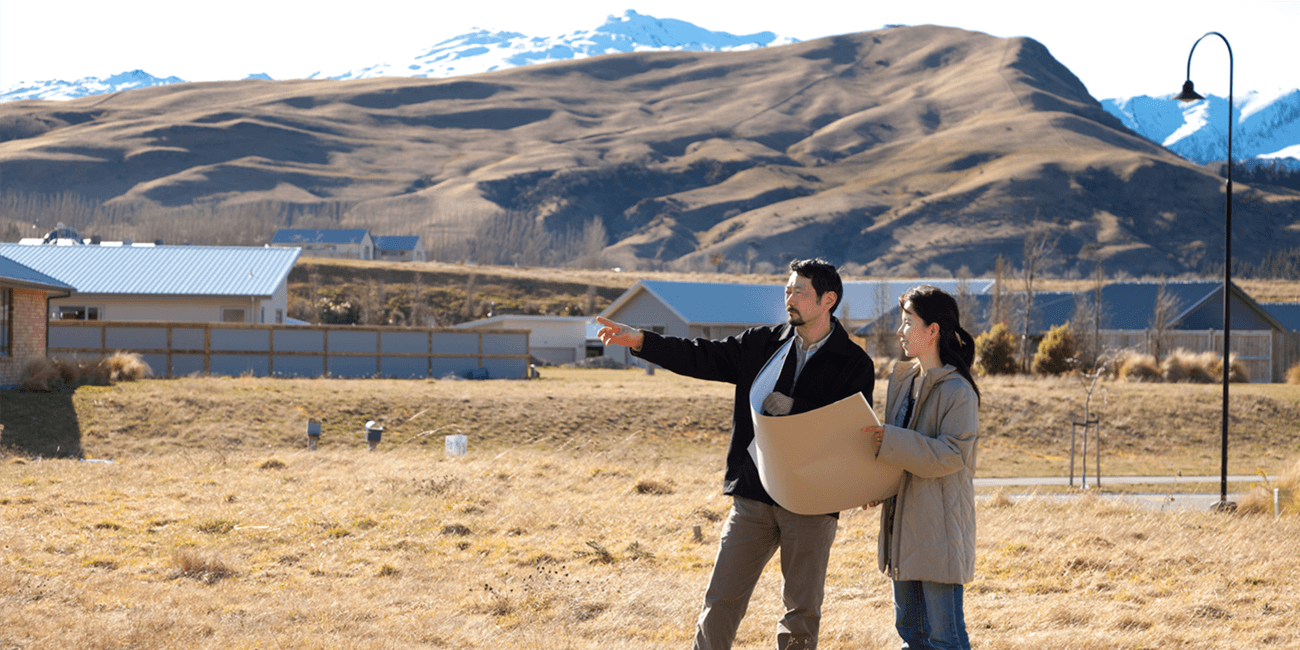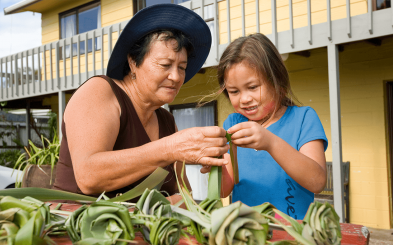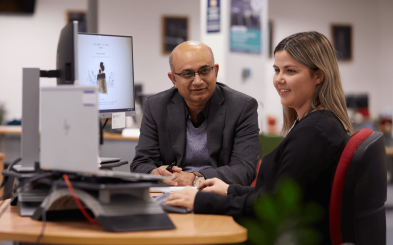Te anga ki te pae Looking to the horizon
Continuing to help the recovery and creating a fit-for-purpose welfare system.
In the short-term future, MSD will focus on supporting those affected by COVID-19 by continuing to get people back into work, helping those in hardship and housing need, and supporting community resilience. Our employment services, our relationships with employers, iwi and providers, and our understanding of regional labour, housing and community needs will remain more important than ever. However, we don’t want to simply return to a pre-COVID-19 service model, but instead we will leverage the Welfare Expert Advisory Group findings, the lessons from our pandemic response and feedback from our clients to create an improved welfare system that works for all.
Tā mātau tūranga i te whakaoranga ake o te Mate Korona Our ongoing role in the COVID-19 recovery
Our response to COVID-19 required us to change the way we work with New Zealanders and MSD is determined to retain this beneficial model and improve on it where we need to.
As we did during the first COVID-19 lockdowns, we will continue to develop authentic partnerships based on mutual respect, co-operation, integrity and good faith. Through a network of trusted partners, we will harness knowledge and expertise to contribute to shared goals, create better measures, reduce barriers to make it easier for clients, whānau, families and communities to access social services, and encourage innovation and fresh thinking.
We will broaden our role in community development and social services to support people, whānau, families and communities to realise their potential and aspirations. This may mean training and development for sustainable employment and to build resilient communities, volunteering or caring for whānau.
Focusing closely on regional economic development will also strengthen our work with employers and industry so that we can maximise opportunities for people, whānau and families, and communities. This will help us to understand and anticipate changes and trends in employment, and community and housing needs, especially if COIVD-19 returns.
Our information, services and environments must be accessible to all those who need our support and services. Clients should feel comfortable dealing with us, be aware of all that is available to them, and feel confident they will receive it. This must continue if COVID-19 returns, and alert level changes occur.
We will continue to provide Ministers with policy advice and support, especially in relation to high-priority areas of focus like the welfare overhaul work programme. We will work with other agencies to advance the Government’s wellbeing strategy and with the wider social sector on cross-agency initiatives in areas such as social cohesion, family violence, regional development and climate change.
Te waihanga ake he pūnaha toiora whai-take Creating a fit-for-purpose welfare system
Over the next few years we will undergo significant change to deliver to our strategic direction and the Government’s welfare overhaul work programme. We need to be fit for purpose to operate today, and able to adapt and prepare for the future and all the challenges we will face.
Since Te Pae Tawhiti was introduced in 2018, we have seen positive changes flowing into operational activities across the organisation. Our COVID-19 response has shown us that we can make quick and effective changes to the way we work. However, it also highlighted that to fully achieve our strategic outcomes, we need to make more fundamental changes in the way we operate and how we deliver services to clients, and to the technology that enable these.
Having the right people, capability and culture, with appropriate oversight and assurance of our actions, and with the right technology and resources in place, is essential to successfully delivering outcomes for New Zealanders.
Work is already under way to outline the case for transforming our processes, systems and capabilities to enable a more flexible and responsive organisation. This will focus on simplifying and streamlining our service delivery so that clients can easily, quickly and effectively access the support they need, especially those who have multiple needs. In the past we have made a lot of small changes, fixes and workarounds to our existing systems to save money rather than investing in the systems that can keep pace with the changes we need – and the more we have done, the more difficult it has become to make changes. We are investigating options to improve our systems to allow us to be more agile in implementing policy and making ongoing changes to retain fitness for purpose.
Key decisions will need to be made about the future design and delivery of services to clients and communities, the technology needed to enable those changes, and the support our people need to deliver them.
Ngā rauemi me te whakapaunga pai i ngā pūtea Resources and ensuring value for money
We are committed to improving how we work, and we continue to look for ways to enhance outcomes and value creation for our clients and partners. We will prioritise, and deliver more effectively, the services and opportunities that provide the greatest benefit and fully align with Te Pae Tawhiti – our strategic direction, while working within our existing baseline allocations.
We will do this through a fully integrated planning, budgeting and governance model that is aligned with achieving our strategic objectives. It will mean prioritising our resources more effectively while demonstrating value for money. This will involve having clearly articulated roadmaps that will match our resources with long-term funding supported by a robust prioritisation process.
The integrated model will have multi-year capability and capacity plans aligned to the multi-year budgets. Updates every quarter will align with our planning cycle based on value delivered, capability applied, and costs incurred. We will monitor progress made and value generated and will regularly check that resources and funding match what we need to deliver.
Maintaining and improving our technology, infrastructure and other assets is vital in supporting our people to provide better services to our clients and partners. Our offices must be welcoming, secure and safe, we need to have appropriate technology and tools, reliable and resilient infrastructure to support our digital channels, and a fleet strategy that will give our people the mobility to provide better community-based services.
Our property portfolio is evolving as we adapt to new ways of working and new workplace requirements, including flexible working, increased security requirements and the need to understand and meet new building safety and efficiency standards. We are working with the Government Functional Lead for Property to actively pursue further co-locations and resilient regional workplace options.


